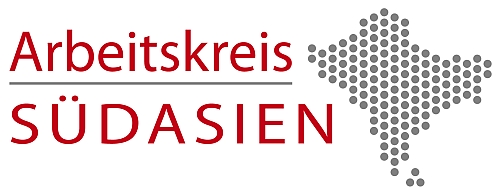Der Arbeitskreis Südasien in der Deutschen Gesellschaft für Geographie vergibt wieder den Forschungspreis „Geographien Südasiens“. Mit dem Preis werden Absolvent*innen deutschsprachiger Universitäten im Fach Geographie in seiner gesamten Breite (Physische Geographie, Humangeographie, Geographie und ihre Didaktik) ausgezeichnet. Gesucht werden herausragende Abschlussarbeiten (Bachelor und Master), die ein wissenschaftliches Thema mit explizitem Südasienbezug behandeln und zum Zeitpunkt der nächsten Tagung im Ende Januar 2026 nicht älter als zwei Jahre sind.
Richtlinien für die Bewertung der eingehenden Arbeiten sind neben formalen Kriterien die Originalität der Forschungsidee, die Relevanz des Themas, die methodische Umsetzung sowie der geographische Erkenntnisgewinn. Gekürt wird die beste der eingehenden Arbeiten durch eine fachkundige Jury. Der/die Gewinner*in des Wettbewerbs erhält die Möglichkeit, ihre Arbeit auf Einladung des Arbeitskreises im Rahmen der nächsten Jahrestagung am 30. und 31. Januar 2026 an der Universität Göttingen persönlich vorzustellen. Außerdem wird die Arbeit im Rahmen der Schriftenreihe des Arbeitskreises veröffentlicht (http://www.geographien-suedasiens.de/schriftenreihe/).
Alle Bewerber*innen schicken Ihre Arbeit bitte gemeinsam mit einem aktuellen Lebenslauf (beides als PDF) an die folgenden Email-Adressen: miriam.wenner@uni-goettingen.de und paul.wagner@fu-berlin.de. Einsendeschluss ist der 15. Oktober 2025.
Wir bitten alle Dozent*innen um Mithilfe, um diese Information einem möglichst großen Kreis an Studierenden zukommen zu lassen, und bedanken uns herzlich für Ihre Unterstützung.
Für das Leitungsteam des AK
Miriam Wenner und Paul Wagner
